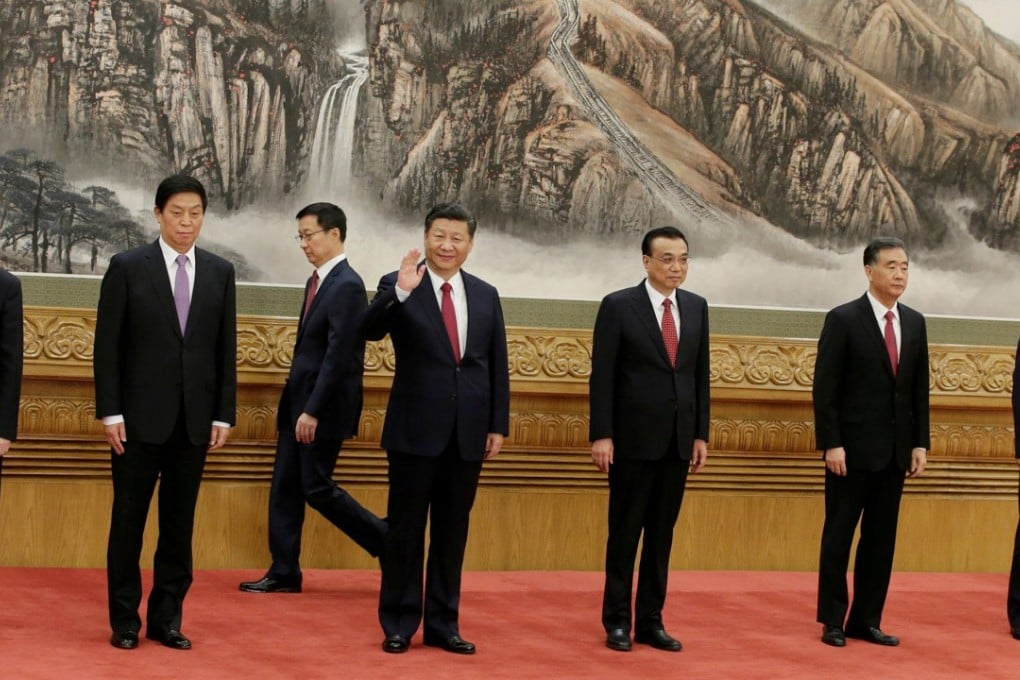City Beat | What a new era with Xi Jinping’s ‘dream team’ means for Hong Kong
Tammy Tam says selection of core seven shows how officials are picked for ascension, while former liaison office head Zhang Xiaoming never really left

Ranked third out of seven in the top leadership order, Li is expected to become the head of the national parliament in March, which means he is most likely to be in charge of Hong Kong as that role is usually taken over by the country’s top legislator.

Following his transfer back to Beijing in September to head the Hong Kong and Macau Affairs Office (HKMAO), he was not only elevated during the just-concluded congress to a full member of the new Central Committee, but also promoted to the post of deputy head of the party’s leading group on Hong Kong and Macau affairs – a decision-making body under the powerful Politburo which reports to Xi.
